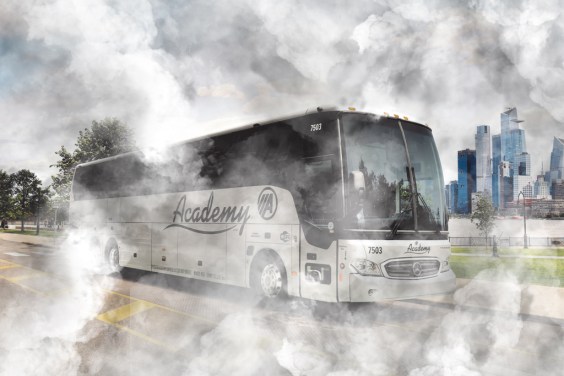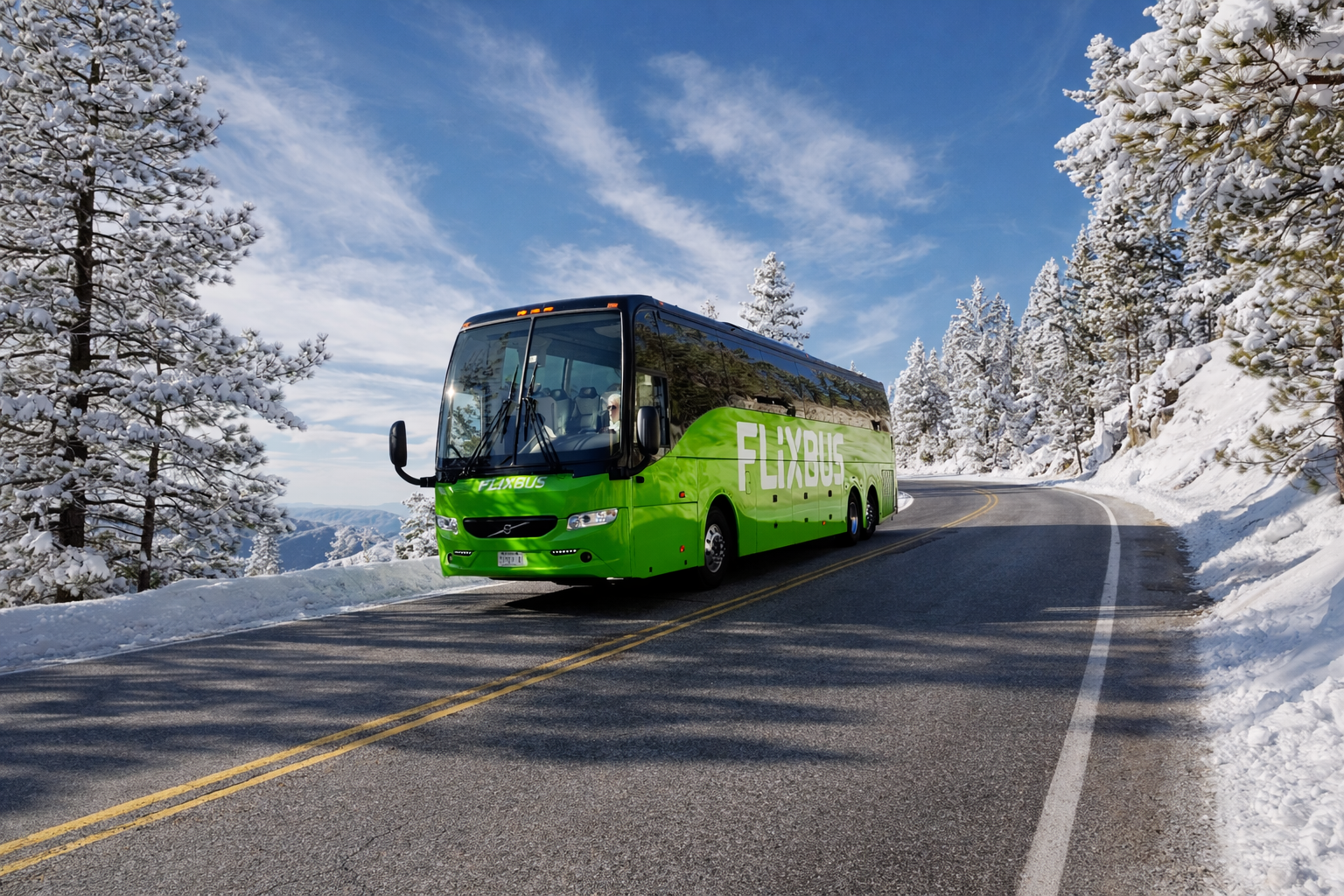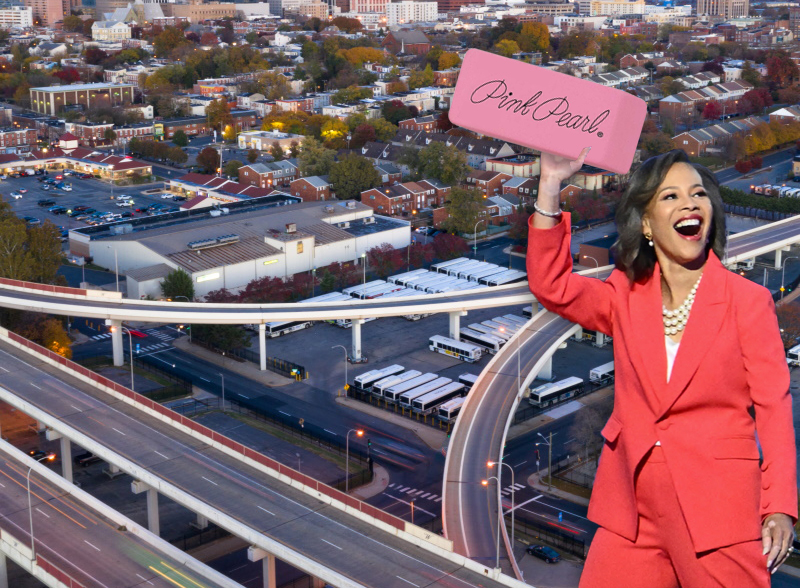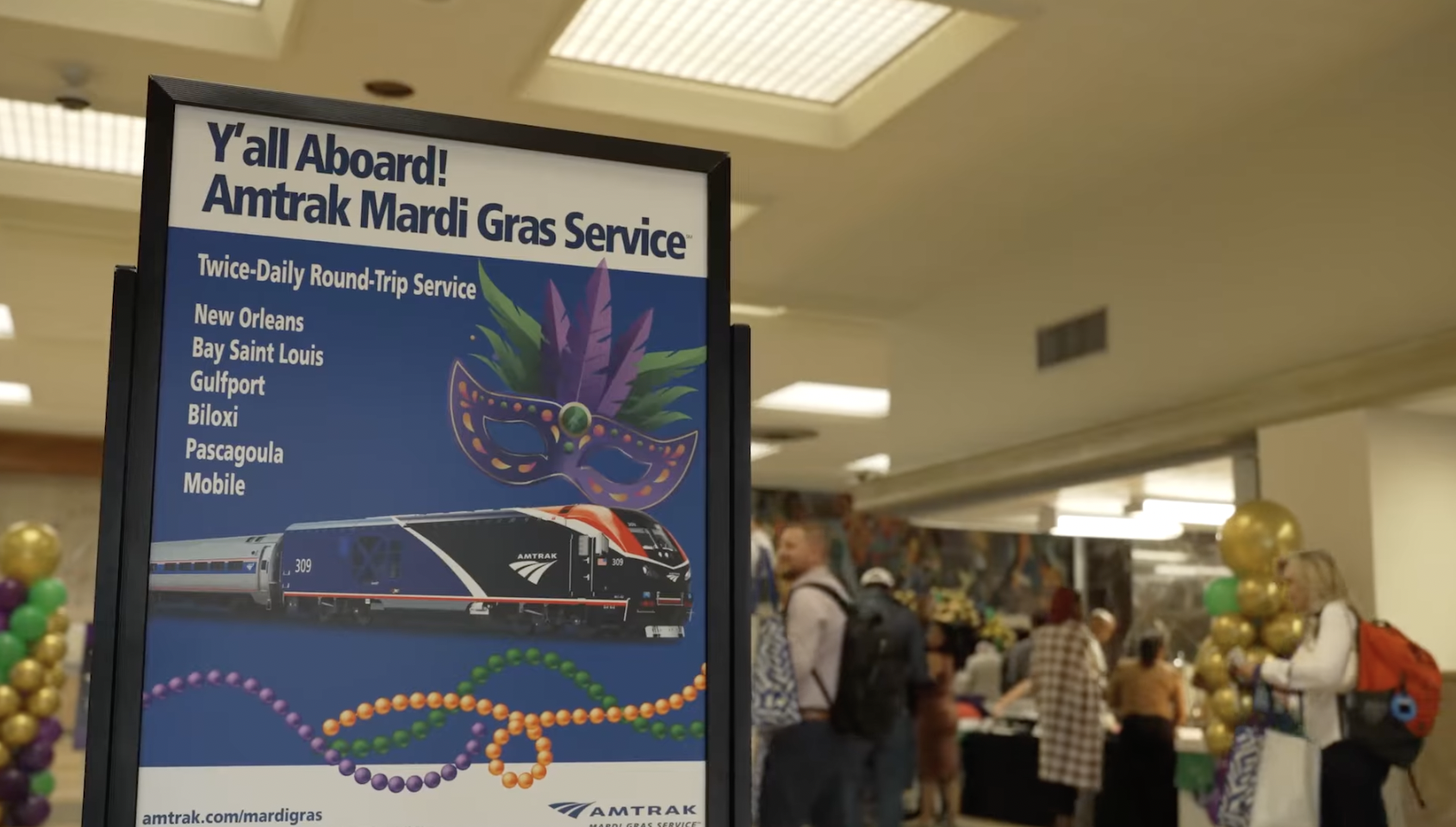
When it's time to expand or build a highway, generally speaking, it's communities of color that bear a disproportionate burden of the impact. Unlike 60 years ago, today we have laws that protect people from the discriminatory use of state authority -- at least in theory.
But in practice, when highway projects threaten to demolish, pollute, or otherwise harm disadvantaged communities, the same old patterns persist. In its breakdown of the widening of I-94 in Milwaukee, 1000 Friends of Wisconsin shows how easily and casually Wisconsin DOT can dismiss the discriminatory impact of its policies. About half of the people living in the areas affected by this project are people of color, the organization reports:
WisDOT admits that those who are transit dependent, or choose to live car-free will not benefit from this project “People who do not have access to an automobile will not often use I?94, except potentially through local or inter?city bus travel. This population will not benefit from the proposed action as much as those who use I?94 regularly.”
This is in direct contradiction to WisDOT’s own goals for mobility and choice that state that the agency will provide (Page 8-7, Connections 2030, WisDOT):
- More transportation alternatives available to all Wisconsin residents and visitors.
- Improved connections between transportation modes.
The DEIS also states that "local residents who do not own a vehicle and do not routinely use the bus system would not necessarily benefit from an improved I?94. However, there would be no direct adverse impact on the segment of population that does not own a vehicle."
Again, this statement does not seem to be made based on any analysis of transit, pedestrian and biking impacts of the project. It is instead likely that an increase in highway width will further impede connections to the local street network for bicycle and pedestrian users in addition to disruptions from construction activities.
In addition, WisDOT seeks to absolve itself of any responsibility to coordinate implementing SEWRPC’s transit plan, as well as their own commitment to increase the level of transit services for populations that may not have easy access to cars.
Page 2-31 of the DEIS states “Implementing the transit element of the regional plan is outside WisDOT’s jurisdiction, except for park?and?ride lots and HOV lanes on freeway entrance ramps.” They also say “WisDOT’s role in transit, as defined by state statute, is to fund transit?operating cost at the level designated by the state budget. WisDOT cannot unilaterally implement the regional transit strategy.”
WisDOT is similarly flippant about a minority-owned business that employs 50 people, mostly Latinos, saying it does not "serve a need that the population cannot obtain elsewhere in the area." In total, five minority-owned businesses will be displaced for the project, and according to WisDOT that's just the price of progress.
Elsewhere on the Network today: Streets.mn shares a chart showing that driving has increased since gas prices dropped. Broken Sidewalks wonders why Louisville can't be bothered to enforce its sidewalk clearance rules. And Reno Rambler takes inspiration from the bike-friendly words of the mayor of Provo, Utah.





